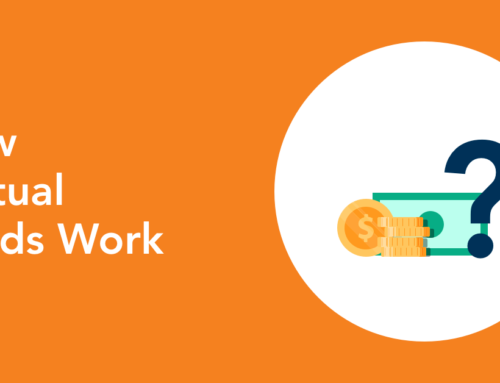
The case between PR Sundar and the Securities and Exchange Board of India (SEBI) pertains to allegations that PR Sundar and his company, Mansun Consultancy, were providing investment advisory services without the necessary registration from the regulator.
PR Sundar, a renowned options trader, and financial influencer, along with Mangayarkarasi Sundar, were the promoters of Mansun Consultancy. SEBI received multiple complaints alleging that Sundar was offering advisory services via his website.
In response to these allegations, SEBI issued an order on May 25, 2023, penalizing PR Sundar and barring him from trading for a year. The regulator also asked Sundar, his company Mansun Consulting, and co-promoter Mangayarkarasi Sundar to pay a settlement amount and to disgorge more than Rs 6 crore, which includes profit earned from the advisory services and interest on the profit.
PR Sundar and Mangayarkarasi Sundar each agreed to pay a settlement amount of Rs 15.6 lakh, adding up to a total of Rs 46.8 lakh. The disgorgement amount was pegged at Rs 6,07,69,863, which included interest of 12 percent per annum from June 1, 2020, till the date of submission of the revised settlement terms set in February 2023.
PR Sundar responded to the incident by stating that people who believe in him need no explanation.
This case represents a significant development in the regulation of financial influencers, or “finfluencers”, in India.
If you are using Facebook, Instagram, Twitter, Youtube, Tiktoc, I am sure you come across influencers. Those people Who gave their Financial advice on social media free of cost. Generally, I saw, that they have many followers/ subscribers. and many times they even have an impact on financial markets.
However, the quality of advice provided by finfluencers can vary widely. Some offer grounded, sage information on how to invest, while others may provide shallow quick takes without fully setting out the potential risks. This can be particularly problematic for young people who are more likely to develop an interest in investment from social media instead of traditional news websites.
Please note that the popularity of finfluencers can change rapidly, and the numbers mentioned above are as of the latest available data. It’s also important to remember that while finfluencers can provide valuable insights, it’s crucial to approach their advice cautiously and conduct further research or seek professional advice before making any financial decisions.
While writing this I remember my old post, How to pick a financial advisor?
I wrote about many financial advisory-related things as I am an MBA student, Registered with AMFI.
The reason I am writing is in 2023, SEBI took many steps against FINFLUNCERS.
The Securities and Exchange Board of India (SEBI) has taken several actions against financial influencers, or “finfluencers”, who provide financial advice without formal registration.
- Regulatory Proposals: SEBI released a consultation paper proposing regulations to restrict the association of SEBI-registered intermediaries or regulated entities with unregistered finfluencers. The aim is to disrupt the revenue model for such finfluencers, reducing the perverse incentives in the ecosystem.
- Defining Finfluencers: SEBI defines finfluencers as those influencing the financial decisions of their followers on digital platforms about investments, personal finance, and other financial topics.
- Revenue Model Disruption: To curb potential misuse, SEBI proposes to prohibit SEBI-registered intermediaries or their agents from associating with unregistered finfluencers, both monetarily and non-monetarily.
- Data Protection: Registered entities should not share any client confidential information with unregistered entities.
- Transparency Requirements: If registered with SEBI, finfluencers should display registration details, and contact information, and adhere to specific codes of conduct. They should also follow advertisement guidelines issued by SEBI and other recognized bodies.
- Protection Against Misuse: SEBI suggests that its registered intermediaries take active measures against any unregistered entity using their name or services. Legal actions, including filing cases for impersonation and fraud, should be pursued if necessary.
- Enforcement Actions: In one notable case, SEBI barred three entities from the market for allegedly selling trading recommendations without registration and asked them to return Rs 17.2 crore, taken from investors as a fee for their services between January 2021 and July 2023.
These actions showcase SEBI’s commitment to ensuring that the financial market remains transparent, trustworthy, and free from biased or uninformed advice. Please note that this is a complex issue, and the impact may vary depending on various factors. For more detailed information, you may want to refer to the sources provided.
While social media platforms host established figures who give credible advice, there is a “dangerous detritus” of finfluencers without skills or experience. Therefore, it’s important for consumers to critically evaluate the advice they receive from finfluencers and consider seeking advice from certified professionals.
In conclusion, while finfluencers can provide valuable financial insights, it’s crucial to approach their advice cautiously and conduct further research or seek professional advice before making any financial decisions. Please note that this is a complex issue, and the impact may vary depending on various factors. For more detailed information, you may want to refer to the sources provided.



